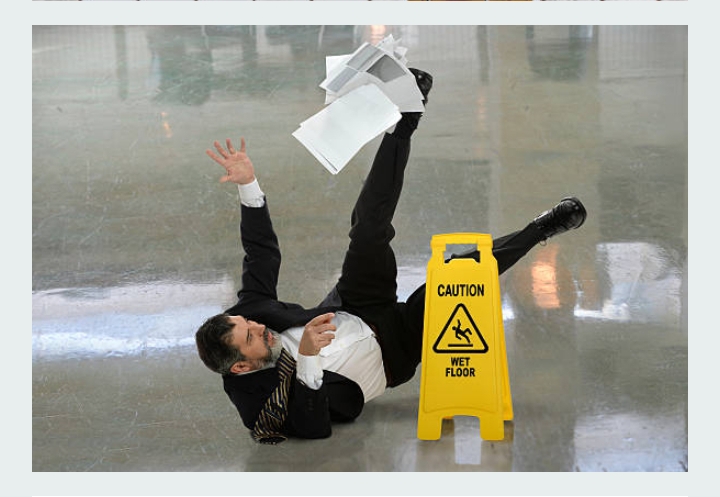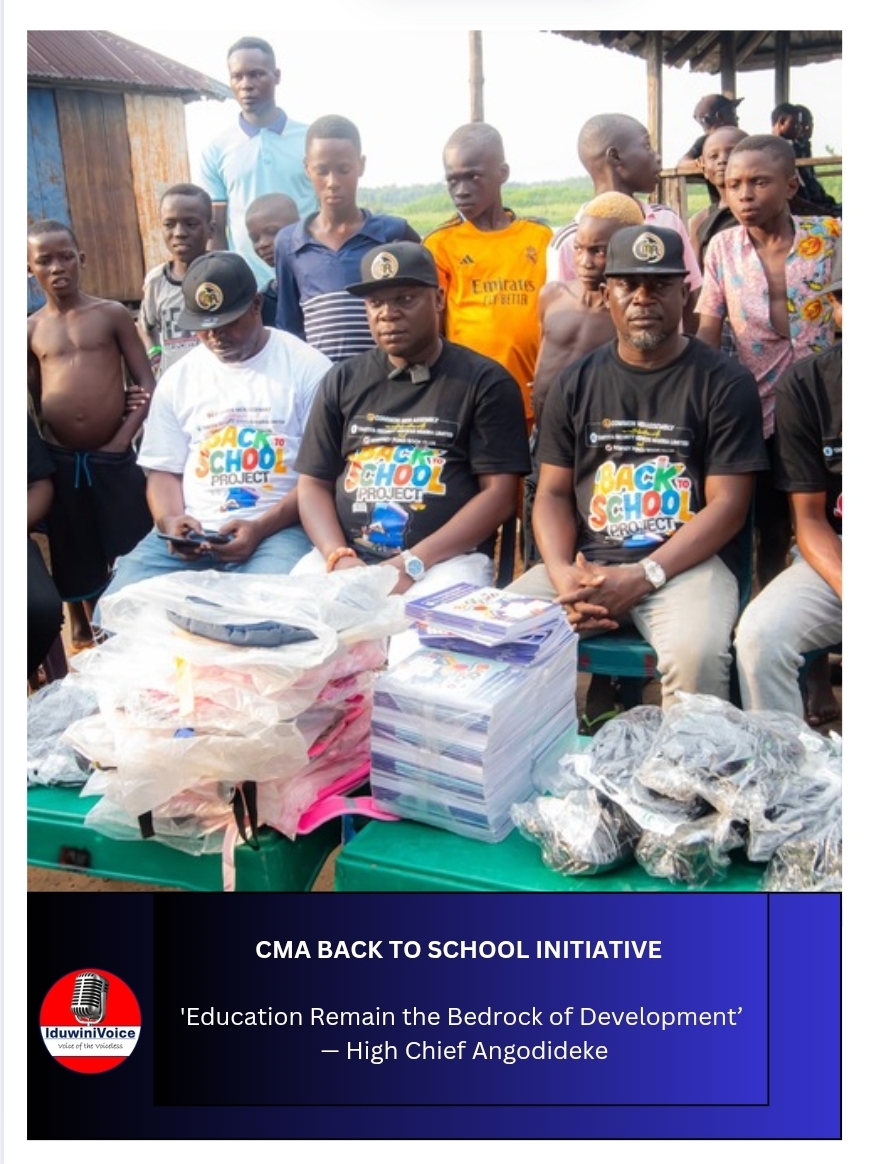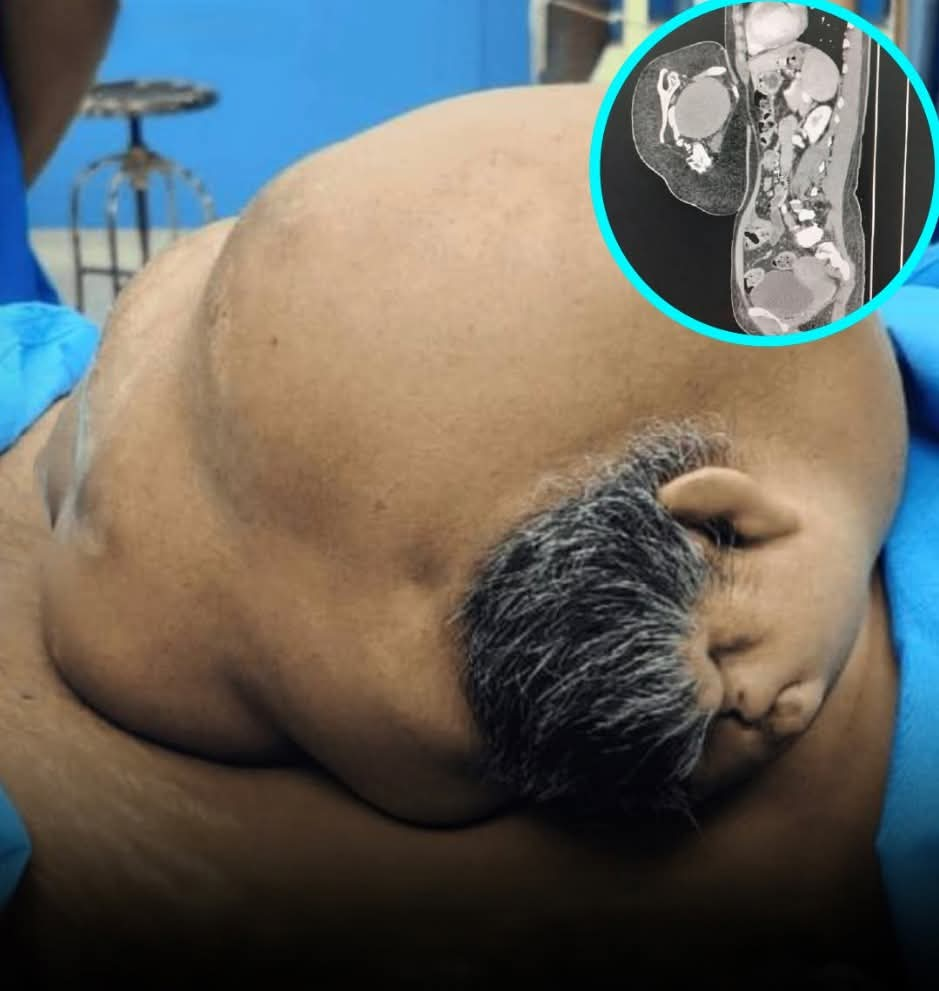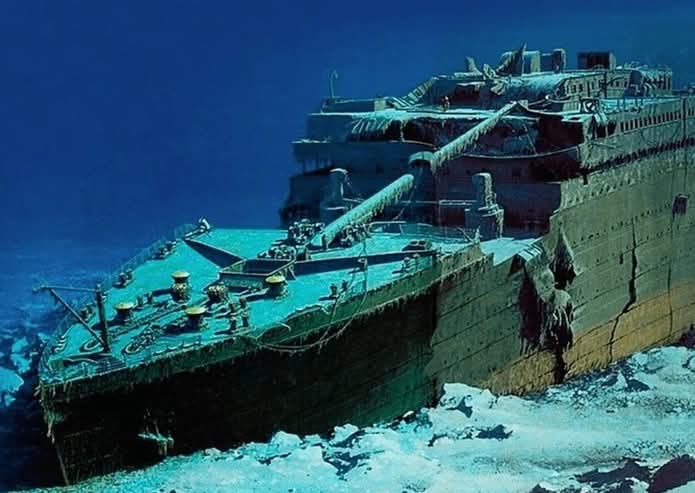IduwiniVoice Edubbas
The Hidden Peril: Unraveling the Hazards of Slippery Floors.

The Hidden Peril: Unraveling the Hazards of Slippery Floors.
When we think of workplace or home hazards, slippery floors might not be the first thing that comes to mind. However, these seemingly innocuous surfaces can pose serious risks to our safety. Whether at home, in a store, or at a workplace, slippery floors can lead to accidents and injuries that are not to be taken lightly. In this article, we’ll delve into the various hazards of slippery floors and explore how they can be prevented to ensure a safer environment for everyone.
The Silent Culprit: Causes of Slippery Floors.
Slippery floors can result from a variety of factors, making them a stealthy danger. Some common causes include:
- Wet Surfaces: Spilled liquids, leaks, or wet weather conditions can lead to moisture accumulation, causing floors to become slippery.
- Polished Surfaces: Highly polished or waxed floors might look visually appealing, but they can be extremely slippery, especially when not properly maintained.
- Unsuitable Footwear: Smooth-soled shoes lack traction on slippery surfaces, increasing the risk of accidents.
- Inadequate Cleaning: Residue from cleaning products, such as soap or oil, left on the floor can make it slippery.
Consequences of Slippery Floors.
The hazards of slippery floors go beyond minor mishaps. Some potential consequences include:
- Slips and Falls: The most common result of slippery floors is slips and falls, which can lead to sprains, fractures, and even head injuries.
- Workplace Accidents: In workplaces, such as factories or warehouses, slippery floors can contribute to accidents involving heavy machinery or equipment, with potentially grave consequences.
- Legal and Financial Ramifications: Businesses can face legal action if negligence in maintaining safe premises is proven. Compensation claims can lead to financial losses.
- Decreased Productivity: Slip and fall incidents, even if non-fatal, can lead to decreased employee morale and productivity.
Prevention and Mitigation Strategies.
To combat the hazards of slippery floors, various preventive measures can be taken:
- Regular Maintenance: Regular cleaning, mopping, and immediate clean-up of spills can help prevent moisture buildup and slippery surfaces.
- Appropriate Flooring: Selecting flooring materials with anti-slip properties can significantly reduce the risk of accidents.
- Warning Signs: Placing warning signs in areas prone to wetness or spills can alert individuals to exercise caution.
- Footwear Policies: Implementing footwear policies that require slip-resistant shoes in certain areas can enhance safety.
- Education and Training: Providing education and training on recognizing and avoiding slippery surfaces can empower individuals to take precautions.
Conclusion.
Slippery floors might not be as visible as some other hazards, but their potential for harm is substantial. From causing minor bruises to life-altering injuries, they demand our attention. By understanding the causes, consequences, and prevention strategies associated with slippery floors, we can make our homes and workplaces safer environments for everyone. Remember, vigilance and proactive measures are key to mitigating this hidden peril.
IduwiniVoice Edubbas
‘Education Remain the Bedrock of Development’ — High Chief Angodideke

By: Derick Peretengboro
The growing belief that education remains a vital catalyst for development has been exemplified once again in the riverine Delta as the launch of the 2026 edition of the famous ‘Back to School’ initiative came alove in Delta State, courtesy of the Common Men Assembly (CMA). The body has reiterated its belief in education as a catalyst for development riverine Ijaw communities.
The programme, which focuses on supplying essential learning materials to public primary schools, is expected to benefit pupils in 25 communities across five local government areas.
Hight Chief Angodideke Jude, the Ogungbeiwei of Ngbilebiri-Mein Kingdom and Chairman of the CMA, while addressing stakeholders at the launch, said the initiative was conceived to address the persistent lack of basic educational infrastructure in riverine communities.
Working alongside Tantita Security Services Nigeria Limited and the Godfrey Pondi Book Club, the group distributed desks, books, bags, and sandals to selected schools on day one.
Schools in Okosugbene, Orugbene, and Ofogbene received 30 desks each, while other schools in Burutu and Warri South West LGAs received assorted learning materials.
The items were received by school officials and community leaders, including Mrs. Ebiyerin Esiri, Mr. Roland Government, and Mr. Oweikeniafa Ebi.
Pupils were seen excitedly engaging with the new materials, a development observers say could positively influence learning outcomes in the affected schools.
IduwiniVoice Edubbas
Wonders as Woman Lived with Parasitic Twin Inside Her for Almost 50 Years before Discovery

By: Daire Perez
Medical science isn’t just your everyday paracetamol and headache, seat back and be amazed by this rare and heartbreaking medical case. A 47-year-old woman recently learned that the large abdominal mass she had lived with since birth was in fact her undeveloped twin. The rare congenital condition known as an epigastric heteropagus twin, occurs when one embryo fails to fully develop and remains attached to the other during pregnancy.
According to reports, the woman – a mother of four – decided to undergo surgery after carrying the mass for nearly half a century. Surgeons discovered a 24-centimeter growth containing primitive human features, including an ear, a nose, and partially formed limbs. The mass was being nourished by an artery connected to the carrier’s abdomen.
Medical specialists involved in the case emphasized the crucial role of advanced imaging studies conducted before operation. These scans allowed doctors to precisely map the mass’s structure and safely remove it without endangering the patient’s life.
Cases of parasitic twins are extremely rare, making this one of the most unusual and fascinating occurrences in modern medical literature.
Adapted from Weired, Wonder, and Amazing Tings (Facebook)
IduwiniVoice Edubbas
TITANIC: A GRAVE IN THE DEEP – 113 YEARS LATER, QUESTIONS STILL HAUNT THE ATLANTIC

By Tama Peretengboro
Imagine the icy Atlantic, silent but for the fading cries of the doomed. On the early morning of April 15, 1912, the RMS Titanic-the so-called “unsinkable” ship-vanished beneath the surface of the North Atlantic,taking more than 1,500 lives with it.The tragedy remains one of the most devastating maritime disasters in history.
In the aftermath, survivors huddled in lifeboats, drifting in shock and silence.Many would later recall that the quiet that followed the sinking-the absence of voices, of splashes, of life – was more harrowing than the chaos itself.
For over seven decades, the wreck lay undisturbed, lost to time and memory-untilb1985, when an expedition led by Dr. Robert Ballard discovered the remains of the Titanic nearly 2.5 miles beneath the surface.What they found was a ship torn apart-broken in two and scattered across the ocean floor like an open wound frozen in time.
Since then, more than 5,000 artifacts have been recovered from the site, each one a chilling reminder of that fateful night: bottles of perfume that still carry their scent, letters that never reached their destinations, pairs of shoes lying where their owners once stood. These personal items have become the voice of the dead,telling stories that words cannot.
But even as these objects are studied and displayed in exhibitions around the world, a haunting question remains: Are there human remains still at the site?
Marine scientists are divided. Some argue that the ocean’s immense pressure, low temperatures, and microbial activity would have long since broken down any human tissue. Others point to the way personal effects remain arranged-shoes placed side by side, clothing intact in some cases-suggesting bodies once rested there,perhaps shielded by the deep.
What’s clear is that the Titanic is more than a shipwreck. It is a sunken memorial, a timecapsule lying in darkness. Over a century later, it continues to stir emotion and inquiry, reminding us that beneath the waves lies a tragedy that time can not wash away.
Credit: Weired, Wonder, and Amazing Things on Facebook


